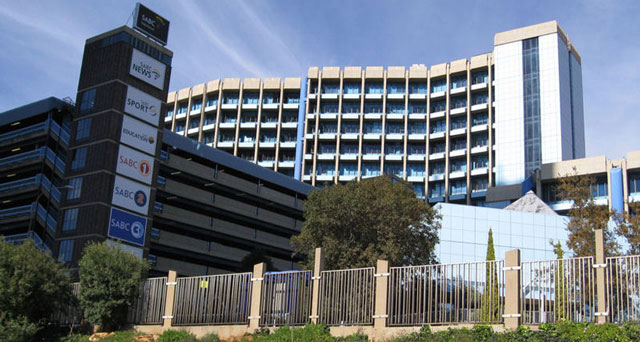
The Competition Tribunal heard on Wednesday that pay-television operator MultiChoice took control of valuable assets of the SABC and influenced a key SABC policy materially, through an agreement that only became public after somebody leaked it.
Steven Budlender, acting for printing and publishing group Caxton, asked the tribunal to find that the agreement gave rise to a merger between MultiChoice and the SABC.
The other applicants are Media Monitoring Africa and the SOS Support Public Broadcasting Coalition.
If the tribunal does find that a merger occurred, the parties would be in breach of their duties to notify the Competition Commission of it and an investigation by the commission may ensue to determine the anticompetitive effects. If it is found to have a negative effect on competition, approval for such a merger may be denied and the agreement would then be set aside.
The current application is seemingly a gateway procedure aimed at nullifying the MultiChoice/SABC agreement that is already two years into its five-year duration.
The agreement, concluded on 3 July 2013, and amended twice in 2014, provides for an exclusive SABC entertainment channel and a 24-hour SABC news channel to be broadcast by MultiChoice as part of its paid offering. MultiChoice will pay the SABC R100m/year, increasing by 5%/year as well as an additional R35m/year for the entertainment channel. The SABC will also sell advertising and sponsorships on the channels and receive the revenue from these sales.
The SABC is precluded from creating or broadcasting another SABC-branded 24-hour channel and from authorising other broadcasters to broadcast the channel broadcast by MultiChoice, or parts of it. The entertainment channel will contain content from the SABC archives and MultiChoice has to approve the content. The SABC is precluded from distributing or authorising any other party to distribute the channel or any part of it or to distribute a similar channel.
The SABC grants MultiChoice the nonexclusive right to distribute the SABC’s free-to-air channels on its platform. These are SABC 1, 2 and 3. The SABC further gives an undertaking to distribute its free-to-air channels in a nonencrypted format, so that viewers with M-Net set-top boxes will be able to view it.
Budlender characterised the agreement as “extraordinary” and “deeply unusual”.
He said the SABC archive, an asset of considerable value, was effectively transferred to MultiChoice. This constitutes the transfer of productive capacity, as the SABC is precluded from packaging its own entertainment material for use by itself or other parties. He said the most valuable content will be used on the MultiChoice channel and the value will diminish every time it is viewed.
Budlender said that although the two parties are competitors, the SABC is obliged to give MultiChoice three months’ advance sight of the programming on all its channels.

The agreement improves MultiChoice’s market position in the upstream and downstream markets, he said.
He said the SABC was once in favour of encryption once digital terrestrial television starts. However, in the agreement it gives an undertaking not to encrypt, which favours MultiChoice. Following the agreement, the SABC changed its policy on encryption, he said.
Budlender said the encryption policy is crucial and determines the way the SABC will deliver its content to the public. The TV industry is at a watershed moment with the imminent implementation of digital broadcasting and encryption is currently the subject of litigation. If the SABC should in these conditions change its position on encryption, MultiChoice will be entitled to cancel the agreement with severe penalties for the SABC.
David Unterhalter SC for MultiChoice said Caxton applied the wrong test to determine whether a merger occurred. He said the correct legal test is whether a business or part of a business was transferred, instead of rights to broadcast in an ordinary licensing agreement, as in this case.
He said to determine whether a business or part of a business was transferred, it should be determined whether the asset — in this case the SABC archive — is a going concern. This can be assessed by revenue, market share or productive capacity.
In this case, he said, it was not a business or part of a business that was transferred, but rather the output of productive capacity (the archive).
Unterhalter said only about 1% of the archive content will be used on the MultiChoice channel and there is no spill-over effect on the whole archive.
He said the SABC’s encryption policy is only one “in a huge range of policies” of the public broadcaster. MultiChoice’s influence over this policy cannot be equated to that of a majority shareholder over a board or a board over a company, he said.
He also denied any causal link between the agreement and the determination on the SABC encryption policy. In fact, the change in policy to favour nonencryption preceded the agreement, he said.
Rafik Bhana SC for the SABC questioned the tribunal’s jurisdiction and said the application should be struck down since the applicants are trying to bypass the commission. He said the structure of the Competition Act is such that parties should approach the commission first, before coming to the tribunal.
The Competition Commission refrained from filing any arguments since the matter may be referred to it for investigation.
The tribunal will announce its ruling in due course.
- This article was first published on Moneyweb and is republished here with permission




